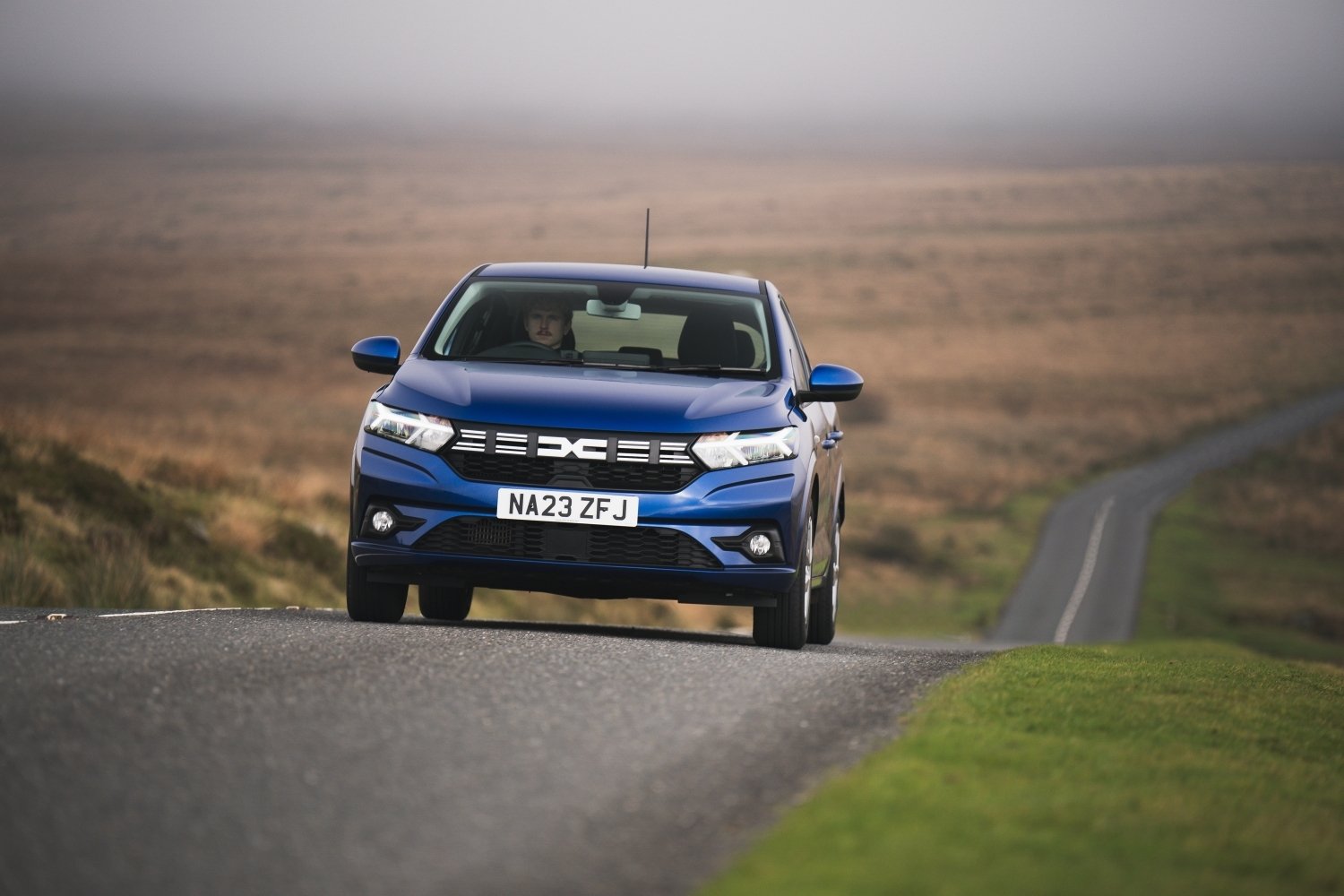How Driving Drives Away the Winter Blues
Getting behind the wheel can have a positive impact on people suffering from Seasonal Affective Disorder.
An experiment conducted by Hyundai over the winter in Norway suggests that 75 per cent of drivers who suffer from SAD could benefit from going out for a spin. Over four days during the six-month long winter in Rjukan a group of participants who struggle with SAD were sent out on test drives of Hyundai’s IONIQ 5 N and their reactions measured by neuroscientist Shani Tal. Tal wanted to calculate just how much driving the 650 bhp electric performance car could lift a person’s mood and came up with a method to observe “Depth of Joy” (DOJO).
Each driver was wired up to an electroencephalogram (EEG) cap and a brain-computer interface that measured brain activity along with a biometric skin sensor to record heart rate before being let loose in the car. After analysing the results from 20 participants Tal discovered that 75 per cent of drivers experienced a positive emotional response and a 28 per cent increase in their DOJO.
“In this experiment, the concept of DOJO was measured for the first time – a milestone in exploring emotional responses to driving experiences,” explains Hyundai. “DOJO emerges as a metric that offers insights into the varied emotional reactions following driving IONIQ 5 N amidst Norway’s challenging winter conditions. While bioanalysis in the context of driving is not entirely novel, the experiment’s unique focus on winter weather and its impact on participants suffering from depressive symptoms is groundbreaking. This makes the endeavour a pioneering exploration into the emotional dynamics of everyday individuals navigating icy roads and dark conditions.
“Beyond the automotive context, the experiment stirs up profound questions on the intersection of human emotion, technology, and environmental factors. It opens the door to further research into the broader implications of biometric analysis in understanding and enhancing human experiences in diverse contexts. Ultimately, the commitment to innovation goes beyond technological advancement, resonating with a deeper understanding of human nature and the potential to raise emotional well-being – even in the darkest of conditions. On contemplating the implications of DOJO, the experiment serves as a model for future exploration of technology and human emotion.”
At Detour we’re strong believers in the positive mental health benefits of driving: the feeling of “flow” as you focus on the road ahead, the escape from the day-to-day and the calming effects of watching the world go by and there’s increasing scientific evidence to back it up. So if you’re feeling low, just grab your car keys and go.





Getting behind the wheel can have a positive impact on people suffering from Seasonal Affective Disorder.